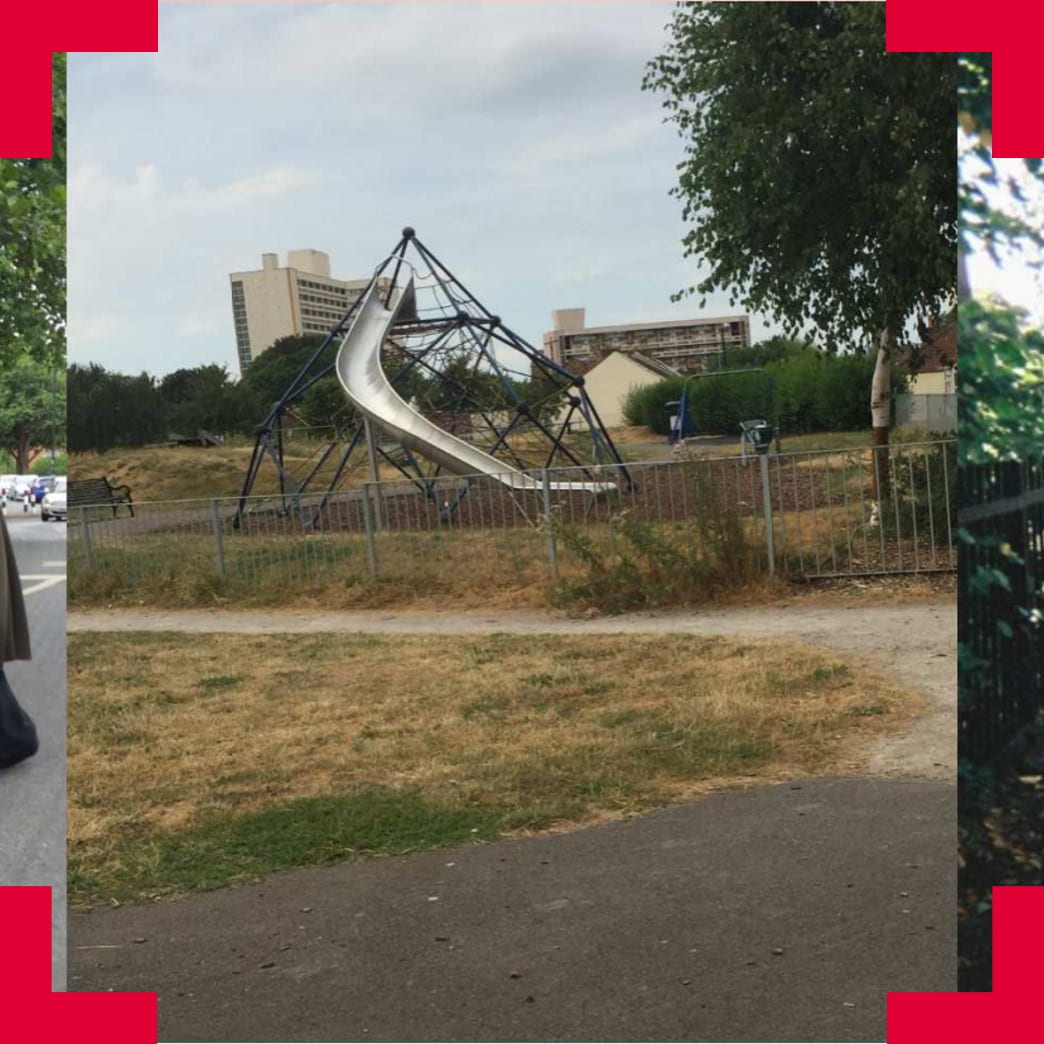-

Previous work has drawn connections between the professional experience of health visitors, early years educators, developmental therapists and doctors, the systematic review of quantitative and qualitative literature, the experiential and interactional world of migrant families in a British inner city, …

Brigstow brings researchers from different disciplines together with a range of partners across the city and beyond to experiment in new ways of living and being.








